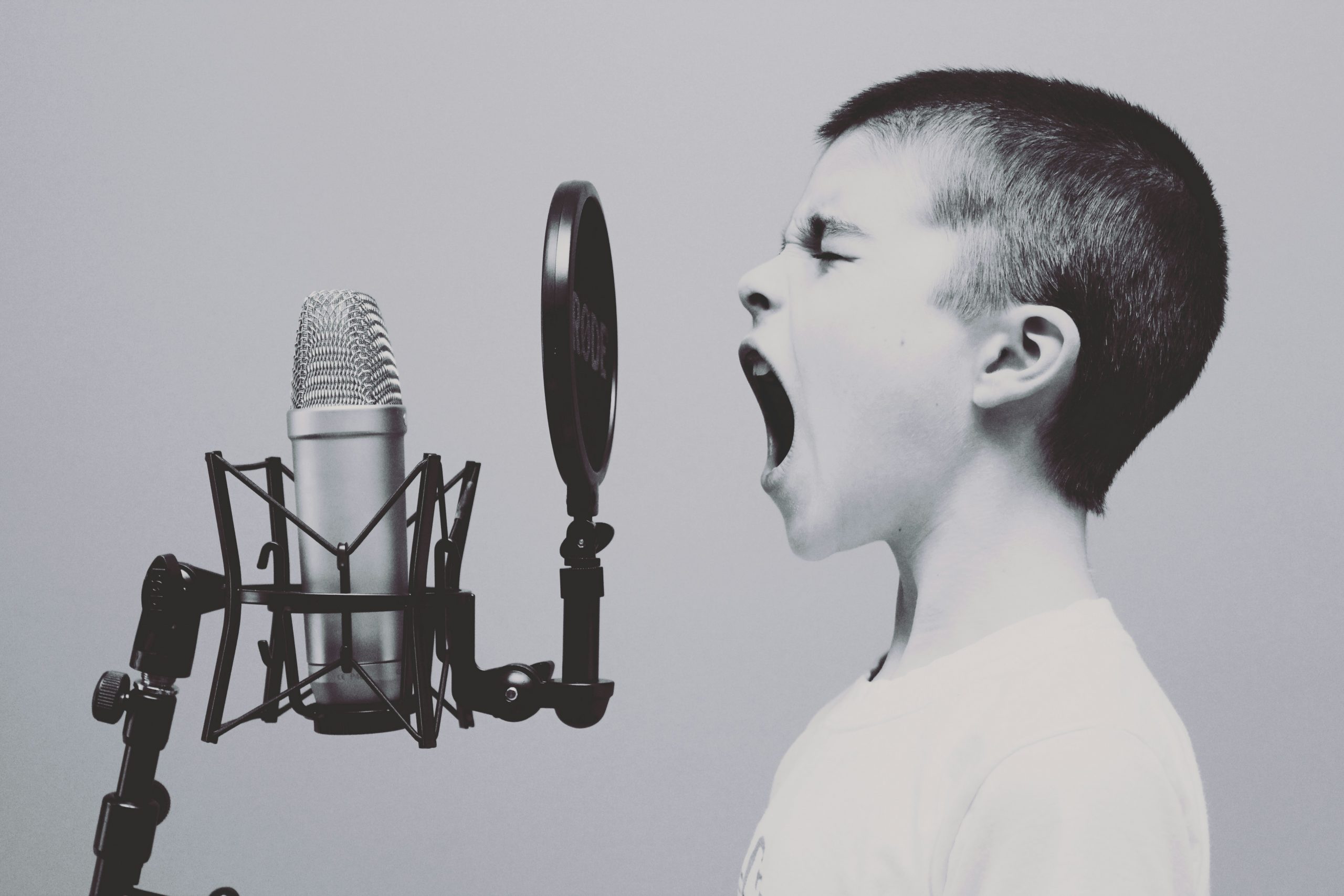
Podcast Episode #54
In this episode of the Connection Therapy Podcast, Dr. Brenda Murrow explores the concept of voice prosody — the way something is said beyond the words themselves. Prosody includes the tone, pitch, rhythm, and other vocal qualities that carry emotional meaning and influence how language is experienced, which has implications for therapy.
Dr. Murrow draws from her personal experience with voice differences and discusses recent research, including a 2025 study showing that emotions such as sadness, anger, and joy can be effectively conveyed and recognized through a single spoken word.
The episode covers the clinical importance of listening for emotional patterns, shifts, and rhythms in clients’ voices. Paying attention to these elements can reveal underlying feelings that may not be expressed through words alone. This is particularly valuable in trauma-informed and developmental work, where clients’ voices may reflect earlier developmental stages or past experiences, providing additional insight for sensitive intervention.
Dr. Murrow offers practical guidance for therapists on how to incorporate observations about prosody into therapy sessions. She emphasizes approaching this with curiosity and sensitivity to create a safe environment where clients can become aware of emotional patterns without feeling pressured or uncomfortable.
Ultimately, voice prosody provides a unique perspective on client experience. Attuning to both what is said and how it is said supports stronger therapeutic connection and can improve the effectiveness of clinical interventions.
Grandin, T. (2018). My reflections on understanding animal emotions for improving the life of animals in zoos. Journal of Applied Animal Welfare Science, 21(Suppl 1), 12–22. https://doi-org.pgi.idm.oclc.org/10.1080/10888705.2018.1513843
Marchant, J., Khazan, I., Cressman, M., & Steffen, P. (2025). Comparing the effects of square, 4–7-8, and 6 breaths-per-minute breathing conditions on heart rate variability, CO~~2~~ levels, and mood. Applied Psychophysiology and Biofeedback, 50(2), 261–276. https://doi-org.pgi.idm.oclc.org/10.1007/s10484-025-09688-z
Panksepp, J. & Biven, L. (2012). The Archaeology of mind: Neuroevolutionary origins of human emotions. New York, NY: Norton.
Solms, Mark on Brain Science with Ginger Campbell, MD podcast, May 28, 2021
Steffen, P. R., & Olsen, J. A. (2025). Conceptualizing personality as individualized allostasis: Exploring a balanced measure of personality for psychotherapy/psychophysiology integration. Applied Psychophysiology and Biofeedback, 50(2), 277–287. https://doi-org.pgi.idm.oclc.org/10.1007/s10484-025-09700-6
Subscribe to our podcast and never miss an episode. New episodes are available to stream or download via these and other podcast apps:
waterville
sabetha
manhattan
Keep in touch
Join our mailing list!